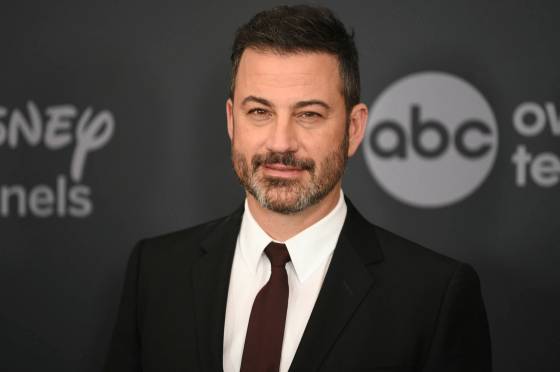|
First off, let me state this: media conglomerates absolutely have the right to decide what is distributed on their platforms. Freedom of speech bans muzzles, but does not mandate the distribution of megaphones.
Having a right, however, doesn’t necessarily make exercising it the right thing to do.
The power of unintended consequences is great, and the Jimmy Kimmel episode is perhaps the most recent reminder.
Advertisement
 Why this ad? Why this ad?
When Kimmel made what even he conceded, when his show returned to the airwaves Sept. 23, were ill-timed comments about Charlie Kirk, the screechmonkeys went into full howl.
ABC affiliates announced they were pulling his show from their channels, Disney, ABC’s owner, gave Kimmel a time-out, sending him to his room without dinner or without a week’s worth of Jimmy Kimmel Live!.

When Disney suspended Jimmy Kimmel, it predictably but unintentionally gave Kimmel far more exposure than his show ever did. (Evan Agostini / The Associated Press Files)
When you tread into matters such as freedom of expression — a guaranteed right in many developed countries’ founding documents — you can expect the blowback to be swift and severe, and you can expect the target of your criticism to become a cause célèbre. Which is exactly what happened.
Almost immediately after Disney’s decision, Hulu and Disney+ accounts were being cancelled in great numbers.
By Sept. 22, Disney’s stock valuation had dropped by $6.4 billion.
On top of this, Kimmel became the poster boy for freedom of expression.
Hundreds of celebrities signed a letter condemning his suspension; competing late-night hosts pilloried the U.S. government for pressuring Disney through the office of Federal Communications Commissioner Brendan Carr, who threatened that the FCC might have “more work to do” on ABC’s licensing and potential merger if the Kimmel situation wasn’t addressed.
Carr’s direct quote sounds like a line from The Sopranos: “We can do this the easy way or the hard way.”
That pressure must be worrisome to Kimmel’s friends and foes alike.
Even Tucker Carlson and Joe Rogan, two staunch pro-Trump media figures, condemned the move, with Rogan calling conservatives praising the outcome “crazy” and correctly pointing out the actions conservatives were hailing could just as easily be used against them.
From a business perspective, particularly a business fragmenting as much as linear broadcasting is today, yanking a figure such as Kimmel, who was averaging 1.77 million viewers and has 21.2 million subscribers on YouTube, threatens to push even more viewers permanently into streaming.
Kimmel, and his competitors Seth Meyers, Stephen Colbert and Jimmy Fallon, have never shied away from satirizing U.S. President Donald Trump, who, we must admit, provides his critics with ammunition daily.
Actor Alec Baldwin did a pretty mean impersonation in sketches on Saturday Night Live.
They all have the right to do that, and a president, or anyone, offended by such should simply turn the channel.
Former U.S. president Lyndon B. Johnson perhaps said it best, after relentless attacks by the Smothers Brothers on television: “It is part of the price of leading this great and free nation to be the target of clever satirists…. May we never grow so sombre or self-important that we fail to appreciate the humour in our lives.”
|

